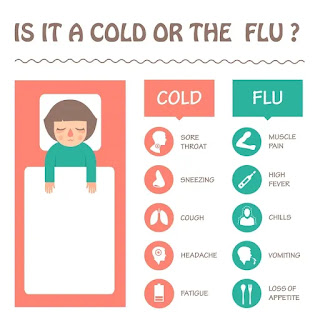Vitamins are essential nutrients that our body needs to function properly. They are organic compounds that are needed in small amounts to support a variety of physiological processes. There are 13 essential vitamins, each with its own unique functions and benefits.
- Here are the 13 essential vitamins and their importance:
Vitamin A: Helps with vision, skin health, and immune system function.
Vitamin B1 (Thiamine): Helps with energy production, nerve function, and metabolism.
Vitamin B2 (Riboflavin): Helps with energy production, antioxidant function, and red blood cell production.
Vitamin B3 (Niacin): Helps with energy production, nervous system function, and cholesterol management.
Vitamin B5 (Pantothenic acid): Helps with energy production, hormone synthesis, and brain function.
Vitamin B6 (Pyridoxine): Helps with brain function, immune system function, and red blood cell production.
Vitamin B7 (Biotin): Helps with energy production, skin health, and nail health.
Vitamin B9 (Folate): Helps with red blood cell production, cell growth and development, and nervous system function.
Vitamin B12 (Cobalamin): Helps with red blood cell production, nervous system, and brain function.
Vitamin C: Helps with immune system function, wound healing, and collagen synthesis.
Vitamin D: Helps with bone health, immune system function, and calcium absorption.
Vitamin E: Helps with antioxidant function, skin health, and immune system function.
Vitamin K: Helps with blood clotting and bone health.
- Vitamins play an important role in many physiological processes in the body. Here are some of the key roles that vitamins play:
- Energy production: Many vitamins, such as B vitamins, help the body convert food into energy.
- Immune system function: Several vitamins, such as C and D, are essential for immune system function and can help the body fight off infections and diseases.
- Bone health: Vitamins D and K are important for bone health and can help prevent conditions like osteoporosis.
- Antioxidant function: Some vitamins, such as vitamin E and vitamin C, have antioxidant properties, which means they help protect the body from damage caused by free radicals.
- Red blood cell production: Vitamins B6, B9, and B12 are important for red blood cell production, which is necessary for transporting oxygen throughout the body.
- Skin health: Vitamins A, C, and E are important for skin health and can help prevent skin damage caused by UV rays and other environmental factors.
It's important to eat a varied and balanced diet to ensure you get enough of all the essential vitamins. If you're not able to get enough vitamins through your diet alone, supplements may be helpful. However, it's always a good idea to talk to your doctor or a registered dietitian before starting any new supplements.








